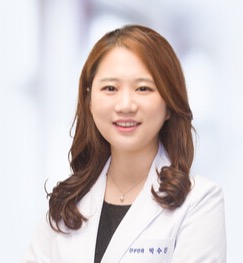Professor Park Soo-jin of the Department of Obstetrics and Gynecology at Seoul National University Hospital (SNUH) has been recognized for her contributions to human embryonic stem cell research.
SNUH announced on Tuesday that Professor Park received the “9th Springer-Nature Award” at the 25th Annual Meeting of the Korean Tissue Engineering and Regenerative Medicine Society (KTERMS).

The Korean Tissue Engineering and Regenerative Medicine Society is a multidisciplinary society established in 1999. It has fostered research exchange spanning both basic and clinical aspects of tissue engineering, stem cells, and regenerative medicine. It publishes the official journal, “Tissue Engineering and Regenerative Medicine (TERM).”
The Springer-Nature Award is presented to the first author of the most highly cited paper published in TERM.
A paper titled “‘Advancements in Human Embryonic Stem Cell Research: Clinical Applications and Ethical Issues,” in which Professor Park participated as first author, along with Professor Ku Seung-yup (Obstetrics and Gynecology Department, corresponding author) and Dr. Kim Yoon-young (Institute of Population Medicine, co-author), presented the potential for human embryonic stem cells (hESCs) to be utilized in treating various intractable diseases.
It particularly emphasized the feasibility of clinical application by introducing cases where safety was confirmed in clinical trials transplanting hESC-derived retinal pigment epithelium (RPE) cells into patients with dry age-related macular degeneration and Stargardt disease. Furthermore, by synthesizing the latest research on spinal cord injury, Parkinson's disease, Amyotrophic Lateral Sclerosis (ALS), and Type 1 diabetes, it demonstrated the expandability of hESC-based therapies.
Professor Park also addressed ethical issues surrounding embryo use and differences in national regulations. While induced pluripotent stem cells (iPSCs) are being researched as an alternative, she highlighted that hESCs still hold significant importance in terms of safety and functional standards.
“This award recognizes not only the potential of human embryonic stem cell research to contribute to the treatment of intractable diseases and the advancement of regenerative medicine, but also the balanced illumination of the ethical dilemmas associated with embryo use and the differences in national regulations.” Professor Park said. “I will continue embryonic stem cell research, balancing scientific progress with ethical responsibility, to pursue the development of innovative therapies and academic contributions.”

